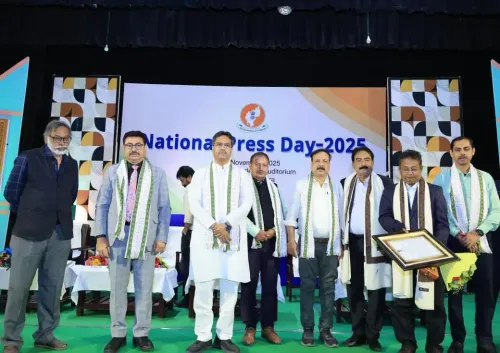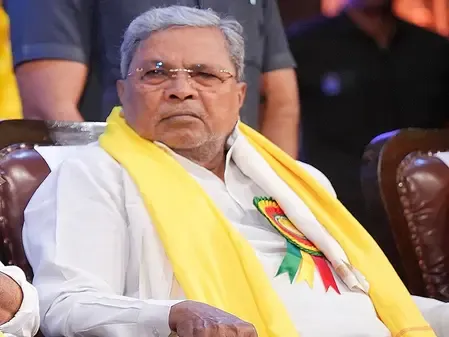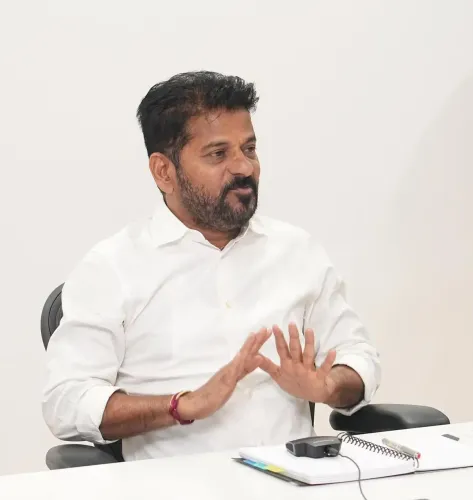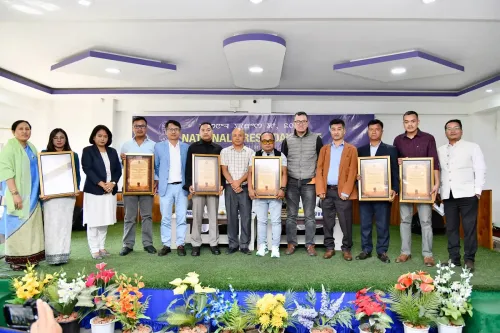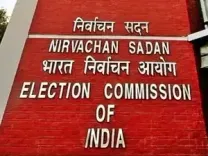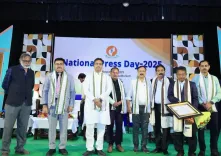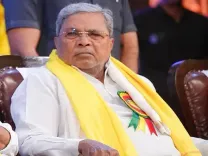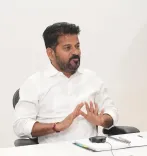Did the EC End the Model Code of Conduct in Bihar and Seven Other Regions?
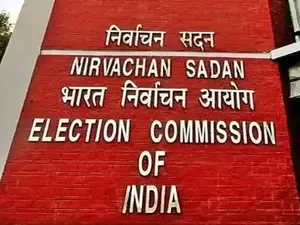
Synopsis
Key Takeaways
- The model code of conduct has been lifted in Bihar and seven other regions.
- The decision follows the completion of Assembly polls and by-elections.
- The NDA's victory in Bihar prompts political discussions about forming the new government.
- Congress secured significant wins in Rajasthan and Telangana.
- Political activity is expected to intensify in the coming days.
New Delhi, Nov 17 (NationPress) The Election Commission of India (ECI) officially lifted the model code of conduct from Bihar, along with six states and one union territory, following the completion of the Assembly elections and by-elections in those areas.
The Commission communicated this update via a letter to the Cabinet Secretary of the Government of India and the Chief Secretaries of the affected states.
In the correspondence, Prafull Awasthi, the Under Secretary of ECI, noted, “I am directed to convey that the provisions of the Model Code of Conduct are activated from the date of announcement of the election schedule by the Election Commission and remain effective until the entire election process is concluded.”
“The outcomes pertaining to the General Election for the Legislative Assembly of Bihar, 2025, and Bye-elections in Assembly Constituencies of Jammu and Kashmir (27-Budgam AC & 77-Nagrota AC), Rajasthan (193-Anta AC), Jharkhand (45-Ghatsila (ST) AC), Telangana (61-Jubilee Hills AC), Punjab (21-Tarn Taran AC), Mizoram (2-Dampa(ST) AC), and Odisha (71-Nuapada AC) have been declared by the respective Returning Officers, thus the Model Code of Conduct has been revoked immediately,” stated the Election Commission.
The model code of conduct was implemented after the poll body released the schedule for the Bihar Assembly elections and by-elections across eight Assembly seats in seven states and one union territory.
In the aftermath of the NDA's significant victory in the 2025 Bihar Assembly elections, intense political maneuvers have commenced concerning the formation of the new government in the state.
By-elections were conducted on eight seats across six states—Rajasthan, Telangana, Odisha, Punjab, Jharkhand, and Mizoram—as well as in the union territory of Jammu and Kashmir on November 11.
The Congress party secured two notable victories in Rajasthan and Telangana.
In Rajasthan’s Anta constituency, Pramod Jain Bhaya triumphed over the BJP’s Morpall Suman.
In Telangana’s Jubilee Hills, Congress candidate V. Naveen Yadav claimed the seat from the Bharat Rashtra Samithi’s (BRS) nominee Maganti Sunitha.
In Jammu and Kashmir’s Nagrota, BJP candidate Devyani Rana won, while in Budgam, the Peoples Democratic Party (PDP) emerged victorious, with Aga Syed Muntazir Mehdi defeating his closest rival from the National Conference, Aga Syed Mahmood Al-Mosavi.
In Odisha’s Nuapada, BJP’s Jay Dholakia defeated Congress candidate Ghasi Ram Majhi.
In Mizoram, the Mizo National Front (MNF) maintained its hold on the Dampa seat, where Dr. R. Lalthangliana won by a narrow margin of 562 votes.
In Punjab, the AAP candidate Harmeet Singh Sandhu kept the Tarn Taran Assembly seat, defeating his closest challenger, Sukhwinder Kaur of the Shiromani Akali Dal (SAD).
In Jharkhand’s Ghatshila, Jharkhand Mukti Morcha (JMM) candidate Somesh Chandra Soren achieved a significant victory, overcoming the BJP’s Babulal Soren, the son of former Chief Minister Champai Soren.

